The point is to bring about an effect within your mind and to develop a state of mind that will enable you to perceive all living beings as the closest objects of affection and kindness.”
In order to cultivate genuine bodhichitta, you have to depend upon the proper methods and the instructions outlining these. There are two major systems of instructions, one the seven-point cause and effect method, the other the equalizing and exchanging oneself with others. The different methods will suit the various mental dispositions of the different practitioners; some might find one more effective than the other. The tradition is that these methods are combined and practiced together…
The foundation for practicing the seven-point cause and effect method is cultivating a mind of equanimity. Without this foundation you will not be able to have an impartial altruistic view, because without equanimity you will always have partiality towards your relatives and friends.
To do this, first visualize a neutral person whom you do not know at all. When you clearly visualize that person, you will find that you don’t feel any fluctuations of emotion, no desire or hatred—you are indifferent. Then visualize an enemy; when you visualize the enemy clearly you will have a natural reaction of hatred, feeling all sorts of ill will. Next, clearly visualize a friend or relative to whom you feel very close. With that visualization, the natural reaction will be a feeling of affection and attachment. With the visualization of your enemies, you will feel somewhat distant and will have hatred and a sense of repulsion. Reflect upon your justification in reacting so negatively to them. ..
The first step of the seven-point cause and effect method is to cultivate the recognition of all sentient beings as having been one’s mother. To do this, it is first necessary to reflect on your beginningless lives in this cycle of existence and that through many of your lives you have had to depend on your mothers. There is not a single living being that you can definitely point to as not having been your mother in the past. Perceive all sentient beings as having been your own kind mothers. If you are able to understand the beginninglessness of your lives, you will be able to understand that you have taken many forms of life that require a mother. You will find that there is not a single sentient being that has not been your mother in the past.
Next, examine whether you stand to gain or lose by cultivating this recognition of others as mothers. Since you are concerned with cultivating bodhichitta, the altruistic aspiration, you should recognize that if you do not have this basic factor of recognition of others as having been your mothers, you will not have success in its cultivation. So by not developing this recognition you stand to lose.
A recognition of others as being your dearest ones need not be confined to recognizing them as mothers alone. As Maitreya recommends in his Abhisamayalankara, you can also view them as having been your best friends or closest relatives. For example, you can view all sentient beings as having been your fathers, if you relate better to your father than to your mother, or as children to whom you feel closest and for whom you have the deepest affection.
— excerpt from teachings by His Holiness the Dalai Lama “Developing the Mind of Great Capacity”



